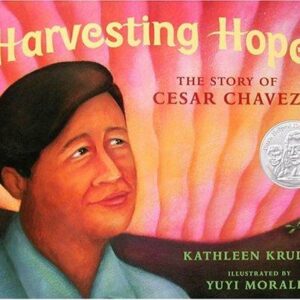Collective Biologies
$25.95
| Title | Range | Discount |
|---|---|---|
| Trade Discount | 5 + | 25% |
- Description
- Additional information
Description
In Collective Biologies, Emily A. Wentzell uses sexual health research participation as a case study for investigating the use of individual health behaviors to aid groups facing crisis and change. Wentzell analyzes couples' experiences of a longitudinal study of HPV occurrence in men in Cuernavaca, Mexico. She observes how their experiences reflected Mexican cultural understandings of group belonging through categories like family and race. For instance, partners drew on collective rather than individualistic understandings of biology to hope that men's performance of “modern” masculinities, marriage, and healthcare via HPV research would aid groups ranging from church congregations to the Mexican populace. Thus, Wentzell challenges the common regulatory view of medical research participation as an individual pursuit. Instead, she demonstrates that medical research is a daily life arena that people might use for fixing embodied societal problems. By identifying forms of group interconnectedness as “collective biologies,” Wentzell investigates how people can use their own actions to enhance collective health and well-being in ways that neoliberal emphasis on individuality obscures. Analyzing a longitudinal study of HPV occurrence in men in Cuernavaca, Mexico, Emily A. Wentzell explores how people can use individual health behaviors like participating in medical research to enhance group well-being amid crisis and change. Emily A. Wentzell is Associate Professor of Anthropology at the University of Iowa, author of Maturing Masculinities: Aging, Chronic Illness, and Viagra in Mexico, and coeditor of Medical Anthropology at the Intersections: Histories, Activisms, and Futures, both also published by Duke University Press. Preface: Collective Biologies in the COVID-19 Pandemic and Beyond ix
Acknowledgments xiii
1. Sexual Health Research, Relationships, and Social Change in Cuernavaca 1
2. Performing Modern Masculinities in Medical Research 35
3. HPV and Couples Biology 52
4. Cultivating Companionate Families 81
5. Creating a "Culture of Prevention" 106
6. Evangelicals Participating as Piety 130
7. From "Human Subjects" to "Collective Biologies" 155
Appendix: The Study Design 181
References 189
Index 213
Additional information
| Weight | 1 oz |
|---|---|
| Dimensions | 1 × 6 × 9 in |









